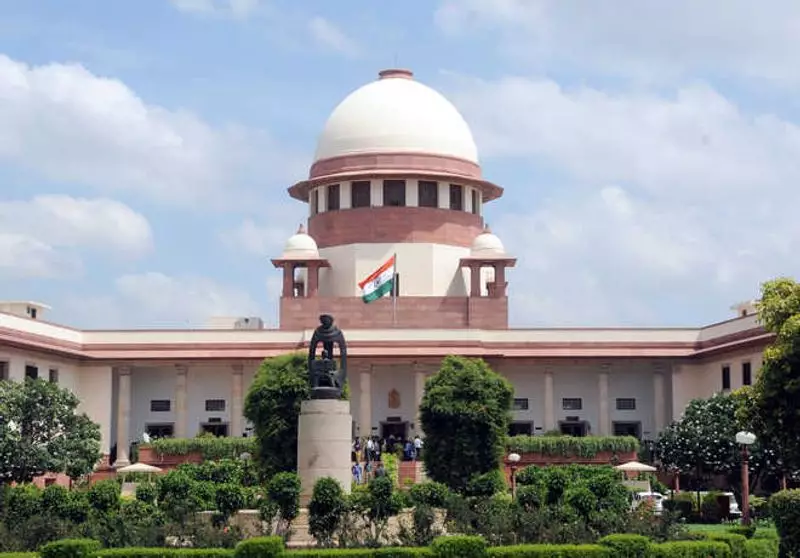
In a landmark decision that underscores the importance of judicial impartiality, the Supreme Court of India has ordered the transfer of a sensitive hit-and-run case involving a probationary judicial officer from Punjab to Delhi. This move comes amid concerns about ensuring a fair and unbiased trial in the high-profile matter.
Court's Rationale Behind the Transfer
The apex court, recognizing the potential complications of trying a case involving a judicial officer within their own territorial jurisdiction, emphasized the necessity of maintaining public confidence in the legal system. The transfer to Delhi ensures that the proceedings will be conducted in an environment free from local influences and pressures.
Details of the Case
The case centers around a probationary judicial officer accused in a serious hit-and-run incident. Such cases typically involve charges of rash driving, causing death or injury by negligence, and fleeing the accident scene. The involvement of a judicial officer adds complex layers to what would otherwise be a standard criminal case.
Implications for Judicial Accountability
This transfer sets a significant precedent for how cases involving members of the judiciary should be handled. It demonstrates the Supreme Court's commitment to ensuring that no one, regardless of their position within the legal system, is above the law. The move reinforces the principle that justice must not only be done but must be seen to be done.
What Happens Next?
With the case now moving to Delhi, the Delhi courts will take over the proceedings. This includes all aspects of the trial, from evidence collection to witness examination and final judgment. Legal experts believe this transfer will help maintain the integrity of the judicial process and ensure a transparent resolution.
The Supreme Court's decisive action in this matter sends a strong message about the standards expected from those serving in the judiciary and the commitment to upholding the rule of law without exception.





